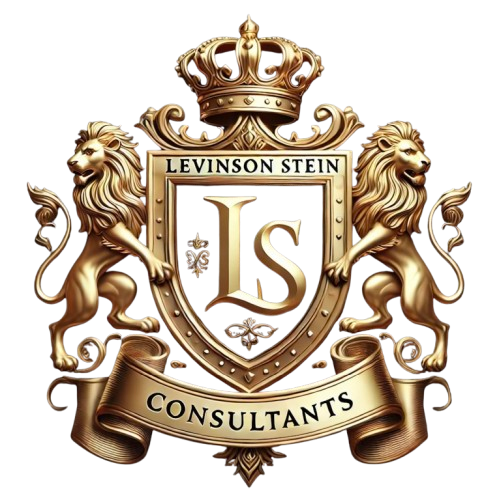Frequently Asked Questions
What types of business entities are there?
The main types of business entities are Sole Proprietorship, Partnership, Limited Liability Company (LLC), Corporation (C Corp and S Corp), Nonprofit Organization, and Cooperative. Each offers unique legal and tax benefits.
Do I need legal advice just to form my business?
While it’s not mandatory to seek legal advice to form a business, it’s highly recommended. Legal guidance ensures you choose the right entity, comply with local regulations, draft proper agreements, and avoid potential liabilities.
What should my attorney expect from me?
Your attorney should expect clear communication, honesty about all relevant facts, timely responses to requests, and cooperation in providing necessary documents or information. This helps them represent you effectively.
What is the role of witness in court?
A witness provides testimony in court to present facts or evidence related to a case. Their role is to help the court establish the truth by sharing what they saw, heard, or know about the matter in question. Witnesses can be factual, expert, or character witnesses, depending on the case.
Does my business need a separate tax identification number?
Yes, most businesses need a separate tax identification number, also known as an Employer Identification Number (EIN), unless you operate as a sole proprietorship without employees. An EIN is required for tax filings, hiring employees, opening a business bank account, and other official purposes.

